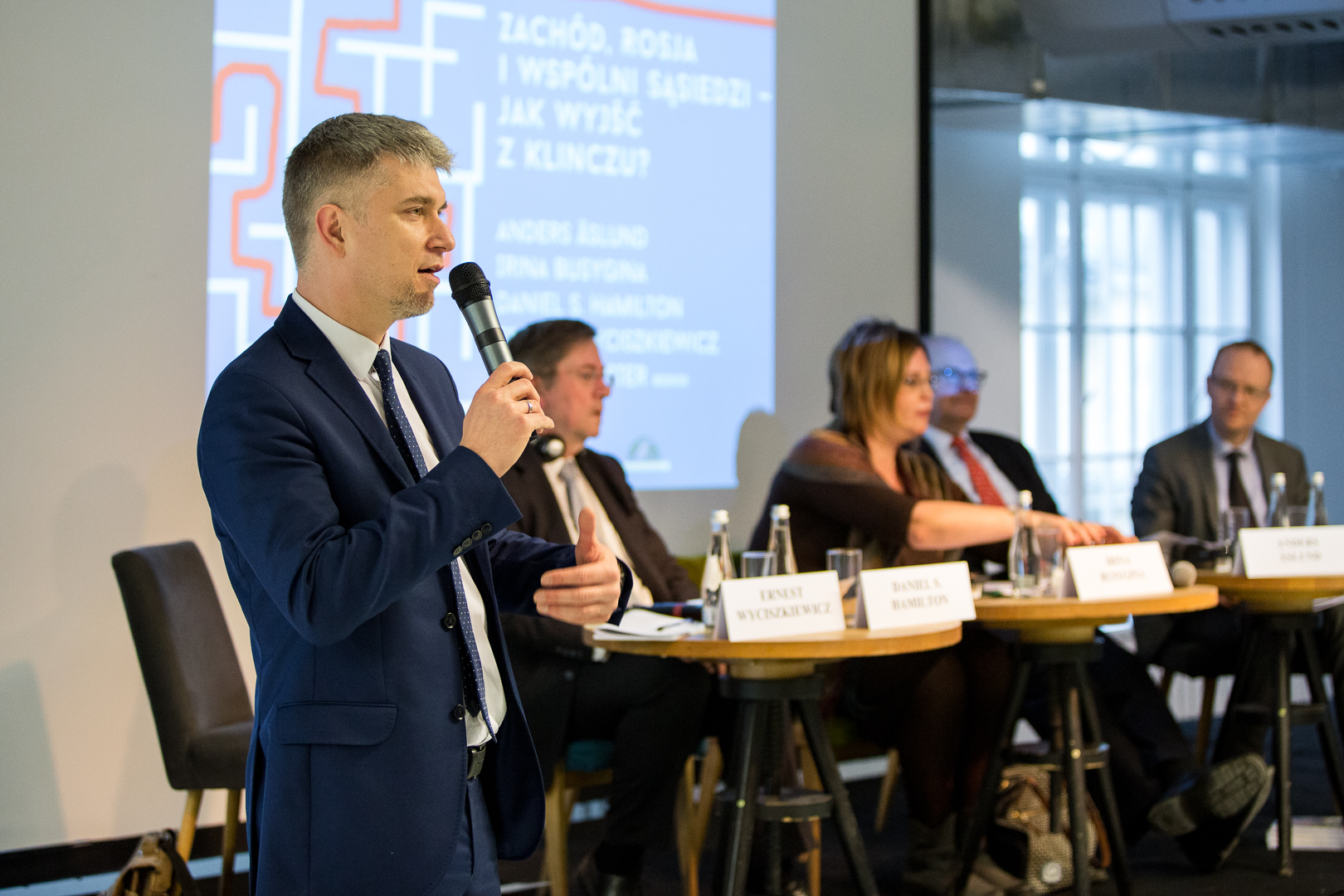The West, Russia and common neighbourhood - how to manage difficult relationships?
The Russia-Ukraine conflict is in its fourth year and a troubled relationship between Russia and the West has become the new normal. At the same time the West itself is in deep crisis over its own identity, ability to adapt to challenges like globalization and digitalization and faces challenges like home grown populism. Despite an agreement on sanctions towards Russia, the EU and the U.S. have put a question mark over their ability to address challenges in eastern Europe more fundamentally together. This presents not only an obstacle for the transatlantic relations but also hampers the development for the countries in-between. Meanwhile, countries in-the common neigborhood, like Georgia and Ukraine, face significant external pressure for sustainable and irreversible reforms. Russia’s interest in conflict resolution remains doubtful, as it perceives conflict and disorder as a tool to strengthen its influence. Together with leading experts we wanted to discuss how to maintain a common approach towards the eastern neighborhood of the EU and the U.S. and how to manage the relations with a difficult Russia. This discussion took place in the context of the recent publication of two books: Eastern Voices and the Russia file which have been published by the Robert Bosch Center at the DGAP (Berlin) and the Center for Transatlantic Relations at SAIS Johns Hopkins University (Washington) with support of the Robert Bosch Foundation.
